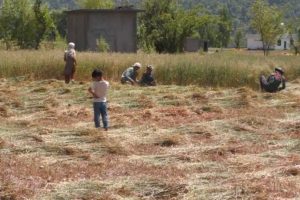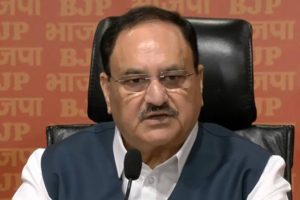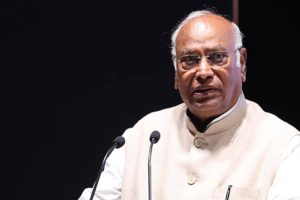The Rajya Sabha on Tuesday passed a statutory resolution extending President’s Rule in Manipur for an additional six months, effective from August 13, 2025. The decision comes in light of continued instability and ethnic violence in the northeastern state.
Union Minister of State for Home Affairs Nityanand Rai tabPresidentled the resolution in the Upper House, which was adopted amid loud protests and sloganeering by opposition members.
The resolution continues the Proclamation issued on February 13, 2025, under Article 356 of the Constitution, placing the state under central rule. The Lok Sabha had already passed the resolution on July 30.
President’s Rule was initially imposed after Chief Minister N Biren Singh resigned in February following prolonged violence and political turmoil in the state. With this extension, administrative control will remain in the hands of the Centre, exercised through the state’s Governor on behalf of the President.
The proclamation also suspends the legislative powers of the Manipur Assembly, transferring those responsibilities to Parliament. Specific constitutional provisions related to state governance and legislative procedures have also been temporarily set aside to ensure direct central administration.
President’s Rule is imposed when a state government is unable to function as per constitutional norms. In Manipur’s case, the decision follows nearly two years of ethnic clashes and a breakdown in law and order.
The crisis in the state stems from violent tensions between the majority Meitei community and the minority Kuki-Zomi tribes over issues such as land rights, job reservations, and access to economic benefits. The conflict has led to hundreds of deaths and the displacement of approximately 60,000 people.
The central government will continue to manage the state’s administration until conditions are deemed suitable for fresh elections to be held.





